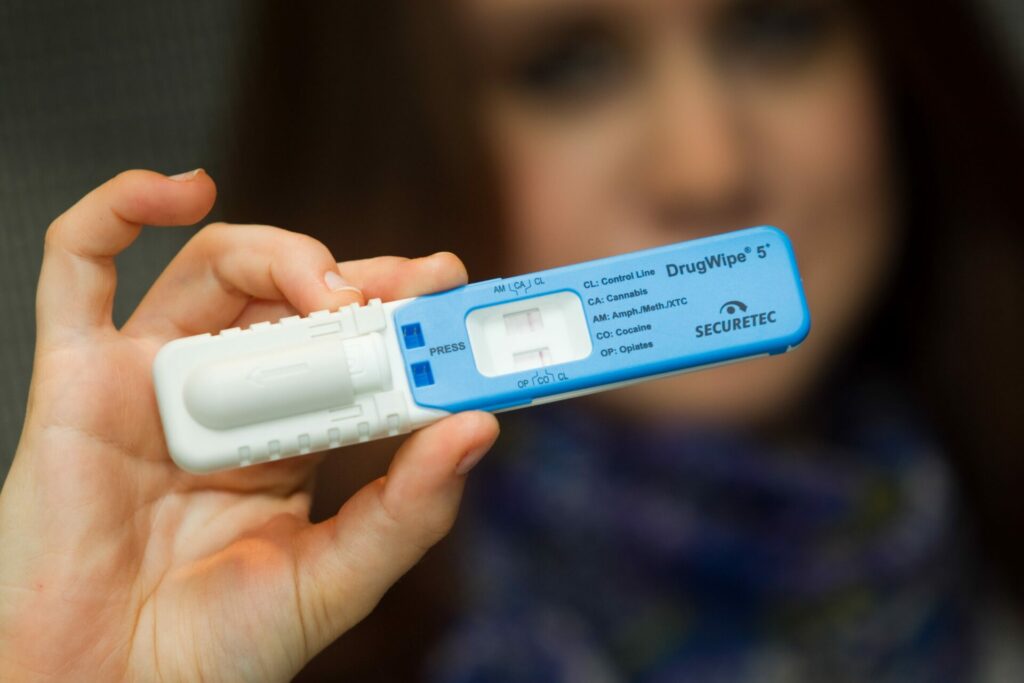Anyone who causes a road accident will always have to undergo a drug test in addition to the compulsory alcohol test from now on, Mobility Minister Georges Gilkinet and Justice Minister Paul Van Tigchelt announced.
From now on, the police will always check several elements that may indicate drug use: dilated pupils, agitated behaviour, or a strange smell coming from the car, for example.
If those indications of drug use are there, a saliva test (a cheek swab) will follow. If the result is positive, the police can immediately impose a driving ban. In that case, a more extensive saliva sample is also taken for a more thorough laboratory test – which is necessary to impose a sanction. In exceptional cases, the police may also call a doctor to draw blood.
Until now, these drug tests were only mandatory in accidents involving injuries. "But now, we will also do it in traffic accidents with only material damage. We have purchased additional saliva tests to check more broadly for drug use in traffic," Justice Minister Van Tigchelt said in a press release.
Related News
- Massive cocaine seizures are making drugs mafia nervous
- Number of traffic accident victims in Brussels reaches new high
- Police to carry out extra alcohol and drug tests on Belgian roads this weekend
Mobility Minister Gilkinet stressed that drunk driving is "one of the top three causes of fatal accidents," alongside distracted driving and speeding. "We must do all we can to bring down the number of road deaths, and more drug checks on drivers will contribute to this."
Surveys show that 5% of drivers admit to having driven under the influence of drugs before. Among young drivers, this is estimated to be as high as one in seven (roughly 14%). This can increase the risk of an accident by 30%.
"We are stepping up the fight against drugs at all levels, including in traffic," said Van Tigchelt.

